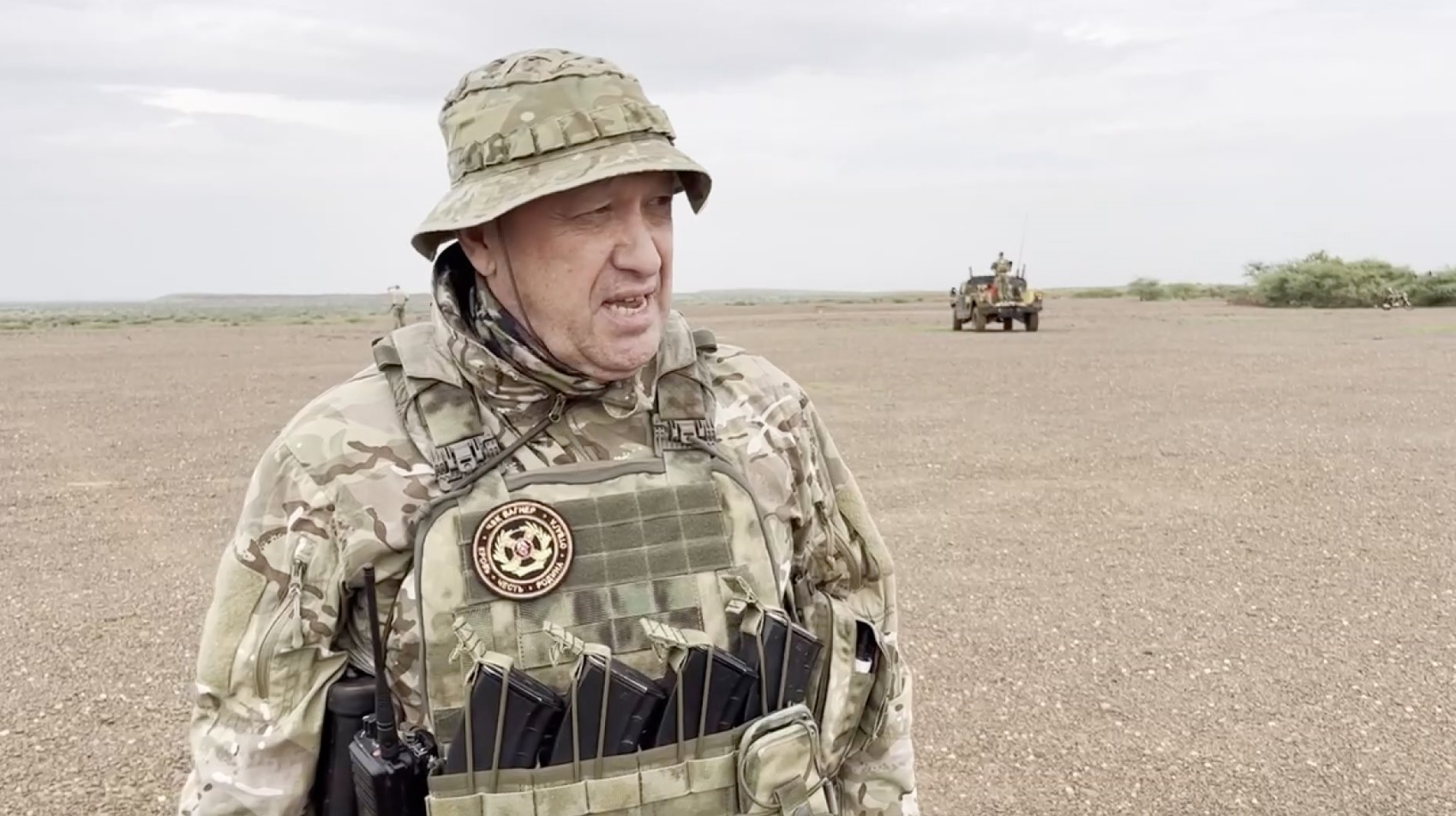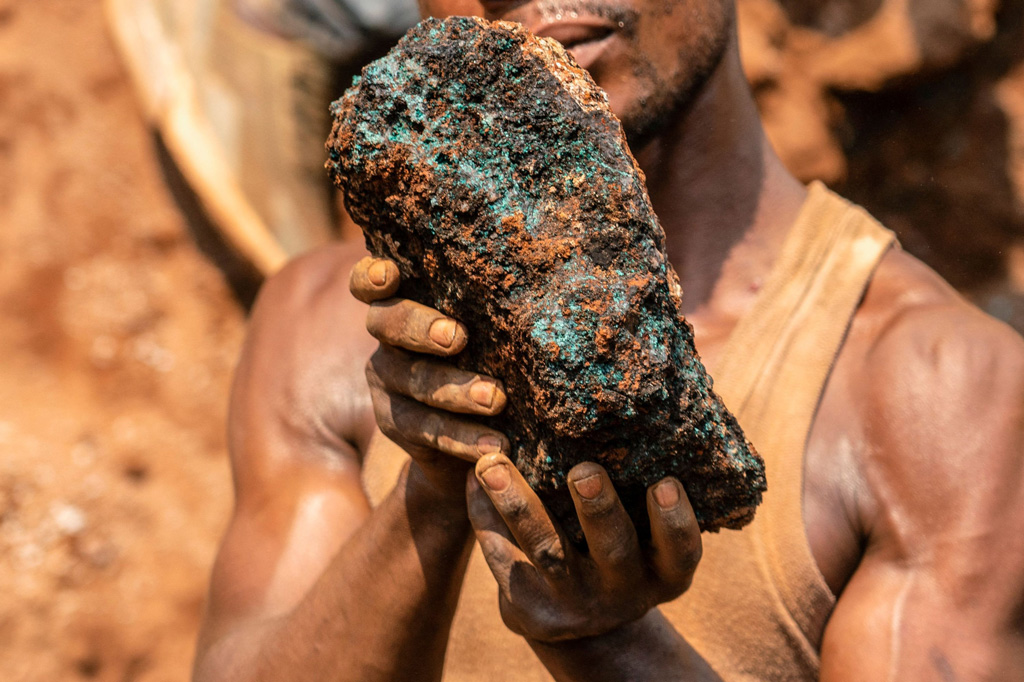
How Wagner’s Mutiny Will Affect African Politics
After Wagner's mutiny, Russia, which had consolidated its presence in Africa through Wagner, will have to revise its Africa policy.
Share
The Wagner Group, a private military company based in Russia, has been making a name for itself in the global system since 2014. Wagner’s leader Yevgeny Prigozhin, a close figure to Putin, is also known as “Putin’s cook.” Prigozhin announced that he founded Wagner specifically to support Russian forces in the Donbas Warin May 2014. Wagner has a presence both in Russia and across the world, including the Middle East, Africa, Europe, and Latin America. The group is a major player in various conflict zones around the world, including Libya, Syria, Ukraine, the Central African Republic, and Mali.
In line with Russia’s interests, Wagner is active in at least 15 countries around the world, at least 10 of which are in Africa, providing military services, including the necessary personnel, training, and logistics. Wagner operates as a private military company, and until the crisis, i.e., the June 23 mutiny, there was no official claim that its activities were carried out in line with national interests and the Russian government.
The leader of the Wagner group, Yevgeni Prigojin, claimed that Russian airstrikes on Wagner camps had caused the deaths of thousands of militiamen. However, the Russian Ministry of Defense dismissed these claims as provocations. The Federal Security Service, on the other hand, accused Prigojin of trying to start an internal conflict and called for his arrest. The Kremlin stated that Putin was aware of Prigojin’s actions and had taken the necessary measures.
Read more on Politics Today: How Wagner’s Mutiny Will Affect African Politics
[Politics Today, August 17, 2023]
Tags »
Related Articles






